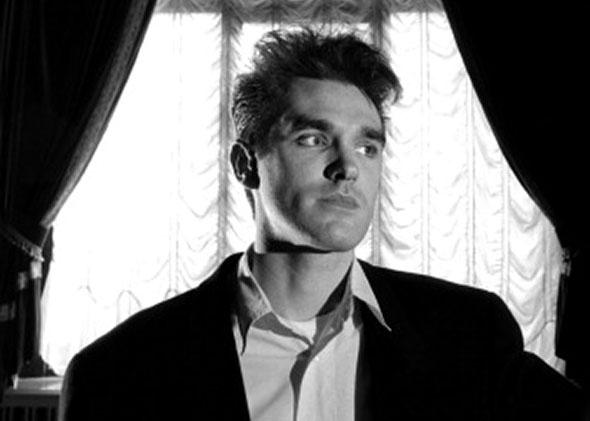After decades of organizing, demonstrating, and convincing people who love us and people who loathe us, we queers woke up this morning to the news that we can marry in all 50 states.
This is wonderful. The hard work, the lives and lives’ work devoted to achieving this astonishing result should not be forgotten, underestimated, or denied. But the reasons why we are now allowed to participate in this civil institution, as explicated by Justice Kennedy in his majority opinion, should give us pause.
Justice Kennedy seems to believe the institution of marriage as practiced today is a supernatural phenomenon. He says marriage “embodies a love that may endure even past death,” which is a terribly romantic—in the Cathy-on-the-moors sense of the word—view of a collection of tax, immigration, adoption, and medical laws. It “embodies the highest ideals of love, fidelity, devotion, sacrifice, and family,” which is a strange thing to say about the personal life of much-married heterosexuals like Newt Gingrich.
“In forming a marital union,” Kennedy continues, “two people become something greater than once they were.” Is this the law? Does this existential arithmetic really characterize, say, the legal status of Tom Cruise? How much greater does one become? Does one deflate, like a balloon after Thanksgiving, upon divorce? For Catholics, how much mass is lost after an annulment?
I ask these questions because Kennedy’s opinion is now a legal standard to which queer relationships are held. The Supreme Court now expects same-sex couples—who desire and are due the right to visit their loved ones in hospitals, or live in the same country as them, or have children together with the same protections as those with a Mom and a Dad (or one Mom, or one Dad)—to undergo transubstantiation. To be sure, many of us welcome the opportunity. Many of us have witnessed ceremonies that are spine-tingling and tear-inducing and an irrefutable joining together of families in plain view of their friends and loved ones. The luckiest of us have witnessed the bravery of two people doing so even when the government ignored or ridiculed their desires.
But that is love, not civil marriage.
When Justice Kennedy says of us, “their hope is not to be condemned to live in loneliness,” we should think carefully about whom he is anointing as a winner in this battle. Kennedy is confusing us with Morrissey. The modern marriage equality movement evolved not out of a fear of loneliness, but out of the fight against AIDS (and, it must be repeated until it’s no longer necessary to do so, the fight against breast cancer). We’re here today because we realized our government was actively preventing us from caring for our loved ones as they died, and treating us like strangers once they did.
Our government is, perhaps and very slowly, ceasing to do this. Today is a big step toward the end of that particular kind of second-class citizenship. For those of us who choose to get married, it’s the first day of the rest of our lives together, and huzzah. For those of us who choose not to get married—because we prefer being single or polyamorous or platonic, or because we believe marriage is an ongoing reinforcement of the patriarchy, or because we don’t desire or require that sort of attention or validation—the decision is a validation of that choice. Rejection means nothing if you’re not offered it first.
We can welcome Kennedy’s decision while rejecting his terms. We shouldn’t have to long for an existential swelling in order to have basic civil rights. We must be able to live with and care for our loved ones without having to buy into the belief that when Sarah and Todd Palin married they became “something greater than once they were.” And we must continue this fight for our lives without throwing shade at those who choose differently, regardless of the supernatural powers Justice Kennedy thrusts upon us.
People who choose not to get married—and especially the tens of thousands of people who were never given the option—were and are not inevitably condemned to live in loneliness. Marriage is a civil right, not escaping a straightjacket or turning water into wine. We can be granted our citizenship without being told we’re now magicians.
Read more of Slate’s coverage of same-sex marriage at the Supreme Court.
